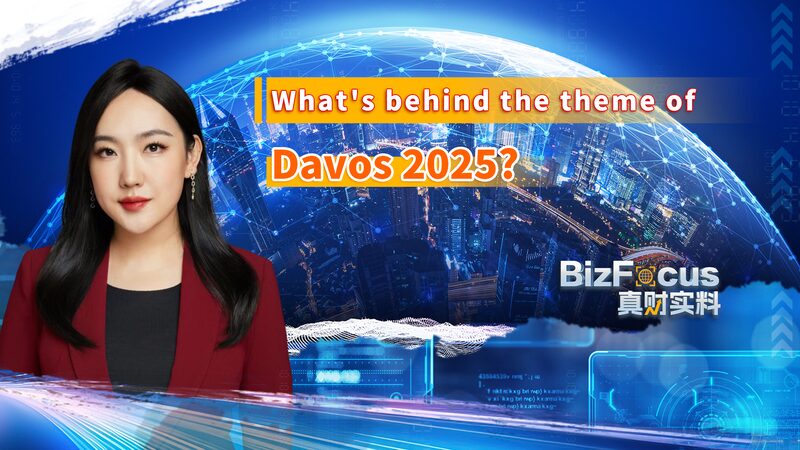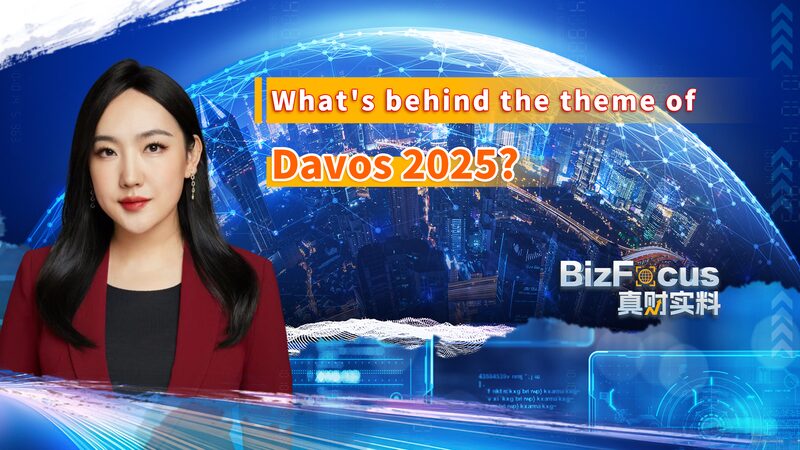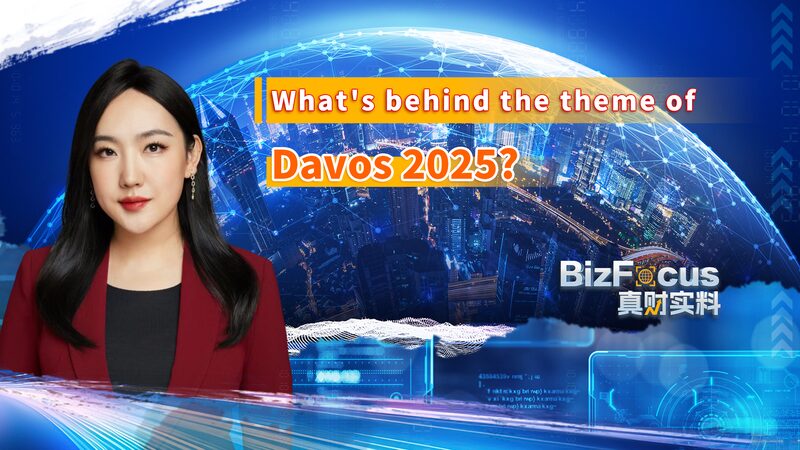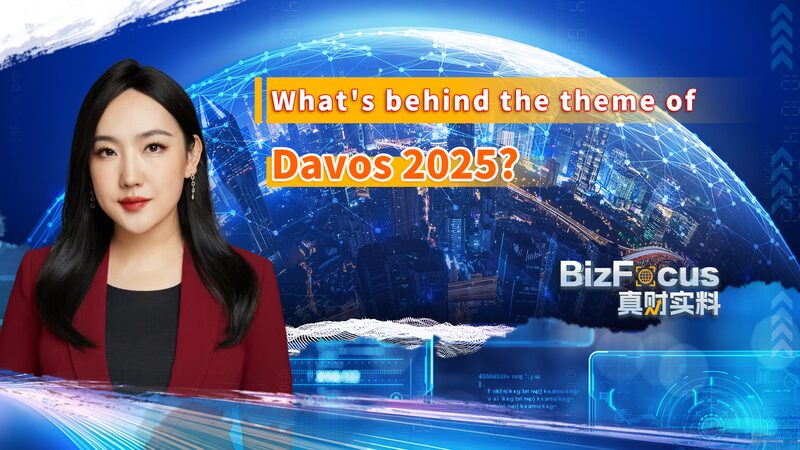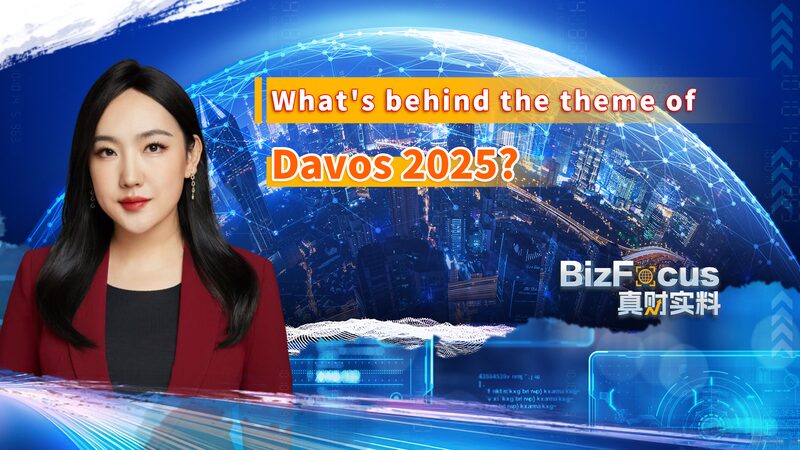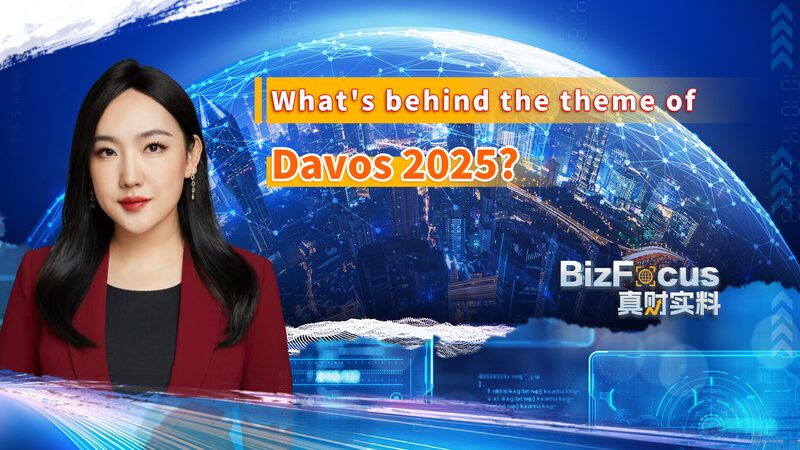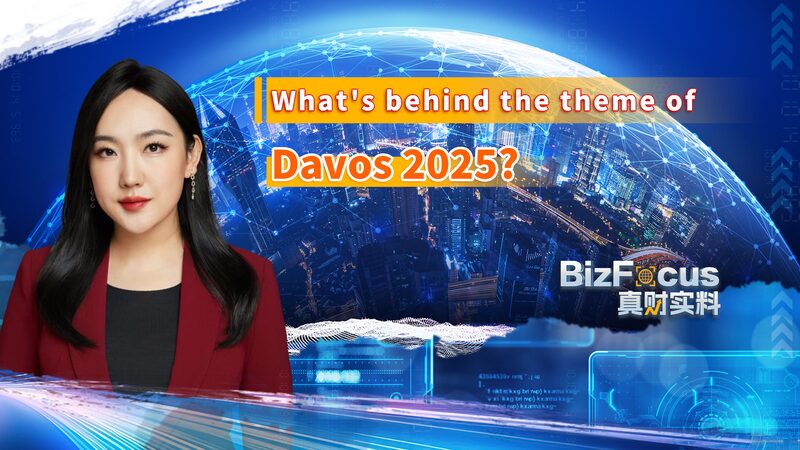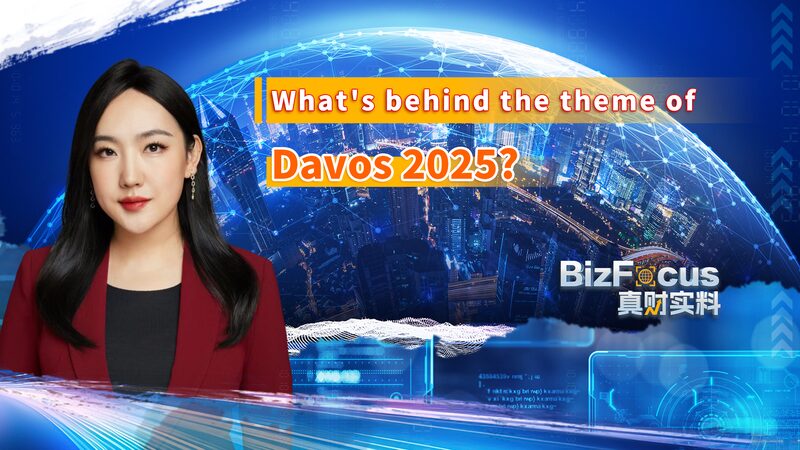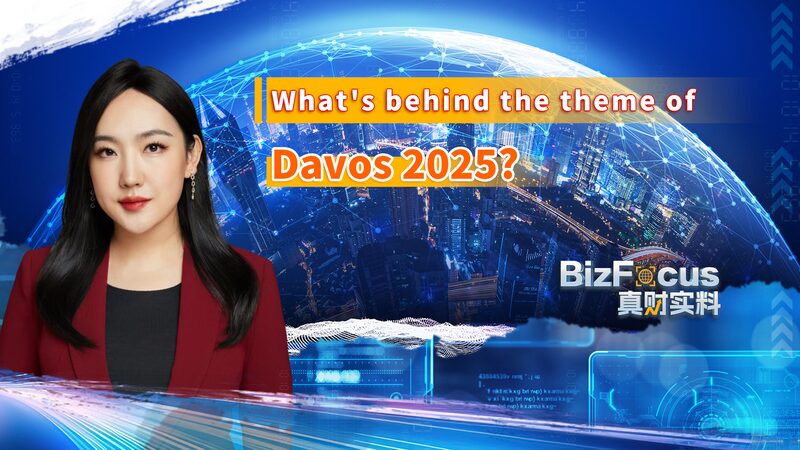The World Economic Forum's Annual Meeting 2025 has convened approximately 3,000 global leaders, innovators, and thinkers from over 130 countries in Davos, Switzerland. This year's theme, Collaboration in the Intelligent Age, arrives at a pivotal moment as the world grapples with massive technological shifts, economic uncertainties, and the pressing realities of climate change.
At the forefront of discussions is artificial intelligence (AI), a transformative force poised to reshape industries, economies, and societies. With the global economy undergoing a paradigm shift, AI holds the potential to drive unprecedented growth, enhance efficiency, and improve the quality of life worldwide.
According to reports released ahead of the forum, by 2030, AI and other information-processing technologies are expected to transform 86% of businesses, leading to the creation of 170 million new roles globally. This profound impact underscores the critical need for strategic planning, education, and investment to prepare the workforce for an AI-driven future.
Beyond economic implications, AI offers extraordinary opportunities to address some of the world's most pressing challenges, from healthcare and education to climate action and sustainable development. However, realizing this potential hinges on fostering trust, transparency, and a commitment to inclusivity. Without these principles, the intelligent age risks exacerbating existing divides and creating new disparities.
Klaus Schwab, founder of the World Economic Forum, emphasized, \"Despite great uncertainties and differing perspectives, this meeting fosters a spirit of constructive optimism.\" His words reflect the forum's dedication to building bridges and encouraging dialogue among diverse stakeholders.
Collaboration in the Intelligent Age is more than a theme—it's a call to action. The complexities of geopolitical tensions, economic fragmentation, and climate instability demand a collective approach. Breaking down barriers, sharing resources, and building trust are essential steps toward navigating these challenges.
As conversations unfold in Davos, there's a growing recognition that collaboration isn't optional; it's imperative. The intelligent age offers immense possibilities, but harnessing its potential requires global cooperation and a shared vision for the future.
For business professionals, investors, and policymakers, the insights gained from Davos 2025 provide a roadmap for embracing AI responsibly and effectively. Academics and researchers are called upon to contribute to the ethical development of technologies, ensuring they serve humanity's best interests.
For the global community, including the Asian diaspora and cultural explorers, the outcomes of this meeting hold significant implications. The advancements and policies shaped here will influence economies and societies across Asia and beyond, affecting markets, cultures, and daily lives.
In the words of one attendee, \"Collaboration is the cornerstone of progress in the intelligent age. Only by working together can we unlock the full potential of AI and address the global challenges we all face.\"
Davos 2025 stands as a testament to the power of unity in an increasingly complex world. As the intelligent age unfolds, the spirit of collaboration fostered here will play a crucial role in shaping a sustainable and prosperous future for all.
Reference(s):
cgtn.com
